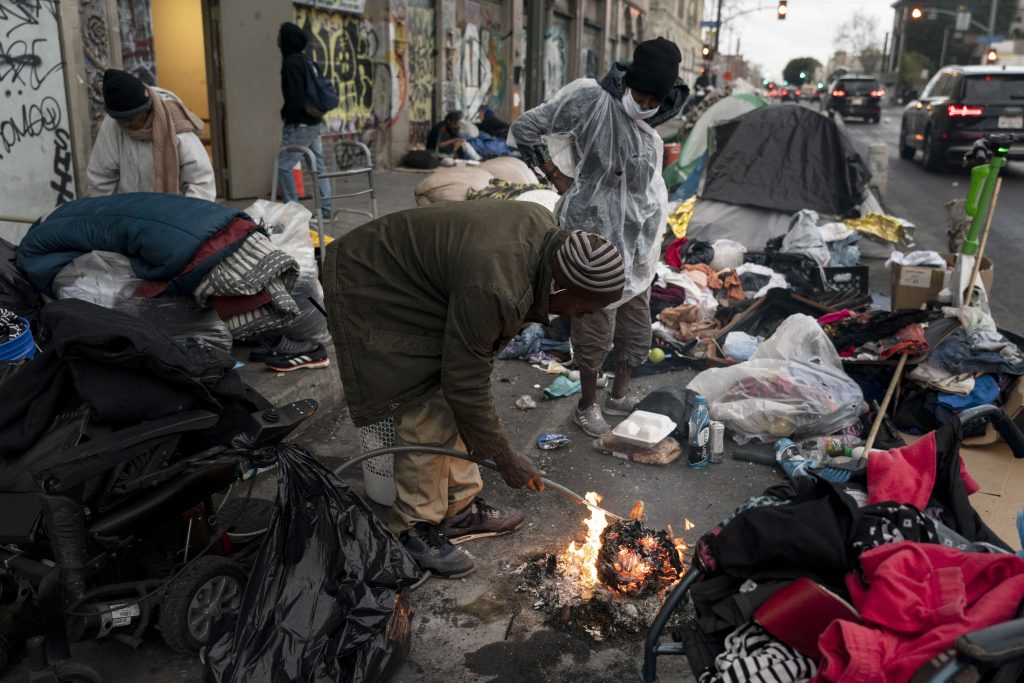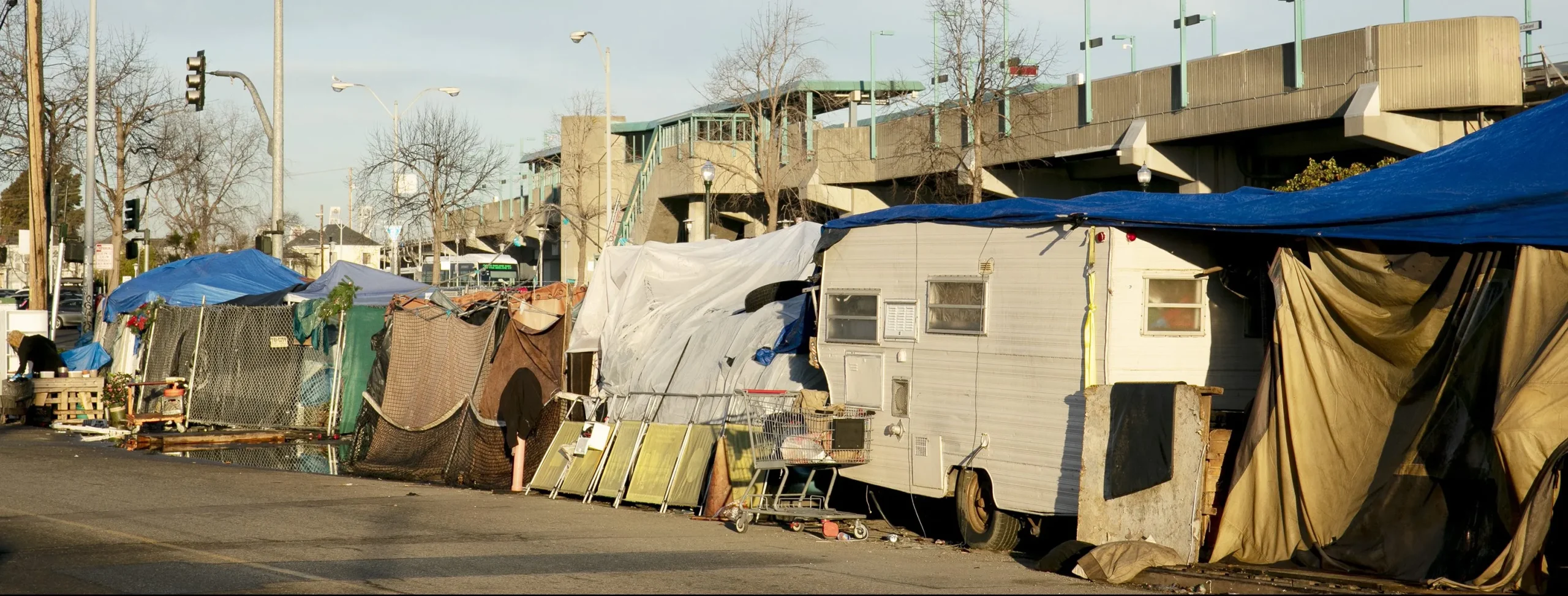In an effort to tackle the state’s homelessness crisis, Gov. Gavin Newsom urges voters to approve Proposition 1, a ballot initiative. However, social providers warn that it might fail the programs preventing homelessness.
The proposed measure aims to give the state more control over funds generated by a millionaire tax, requiring counties to allocate 60% of these funds to housing and programs for homeless individuals with mental health or substance abuse issues.
Social Providers’ Concerns
Social providers argue that the ballot initiative threatens programs preventing homelessness by diverting funds from existing services.
The millionaire tax, imposed in 2004, generates $2-3 billion annually for mental health services, mostly allocated to counties for mental health programs. The proposed formula could impact rural and urban counties differently, with potential consequences for prevention services.
Impact on Butte County
Butte County, with a population of fewer than 1,300 homeless individuals, faces concerns over diverting funds from existing programs to housing.
The county emphasizes the importance of funding prevention services, such as addressing high suicide and childhood trauma rates. The change could affect cultural centres, peer-support programs, vocational services, and programs assisting homeless individuals.

Human Stories in Danger
The potential shift in funding raises concerns for facilities like the African American Family & Cultural Center in Oroville, facing the risk of closure.
Programs focused on breaking the cycle of trauma in the Black community, offering after-school activities, art classes, and support, might lose critical mental health funding.
California’s Ongoing Homelessness Crisis
California grapples with a severe homelessness crisis, accounting for nearly a third of the homeless population in the United States, affecting approximately 181,000 individuals.
Despite significant spending by Newsom’s administration, homelessness remains a pervasive issue. A recent survey reveals that about two-thirds of homeless individuals in California suffer from mental health disorders, but treatment accessibility is limited.
Related Articles:
- Four Men Fatally Shot at Local Car Wash in Alabama
- Empowering Educators: Georgia Education Dept. Allocates $30M for Literacy Coaches!
- California Democrats Take Strong Measures Against Organized Retail Theft with New Legislation
Proposition 1 Details
Proposition 1, on the March 5 ballot, proposes changes to the millionaire tax funds. It seeks to allocate funds for building 4,350 housing units, with half reserved for veterans, and adding 6,800 mental health and addiction treatment beds.
While Newsom promotes it as a crucial step, critics argue that it could coerce individuals into involuntary treatment, posing concerns about humanitarian and civil rights perspectives.
Ongoing Challenges and Potential Solutions
The state faces challenges in providing adequate mental health and addiction treatment beds, with a need for 8,000 more beds. Proposition 1 aims to address this gap, but opponents express concerns about coercive treatment outcomes.
The ongoing battle against homelessness requires comprehensive solutions that balance housing, mental health services, and individual rights.

